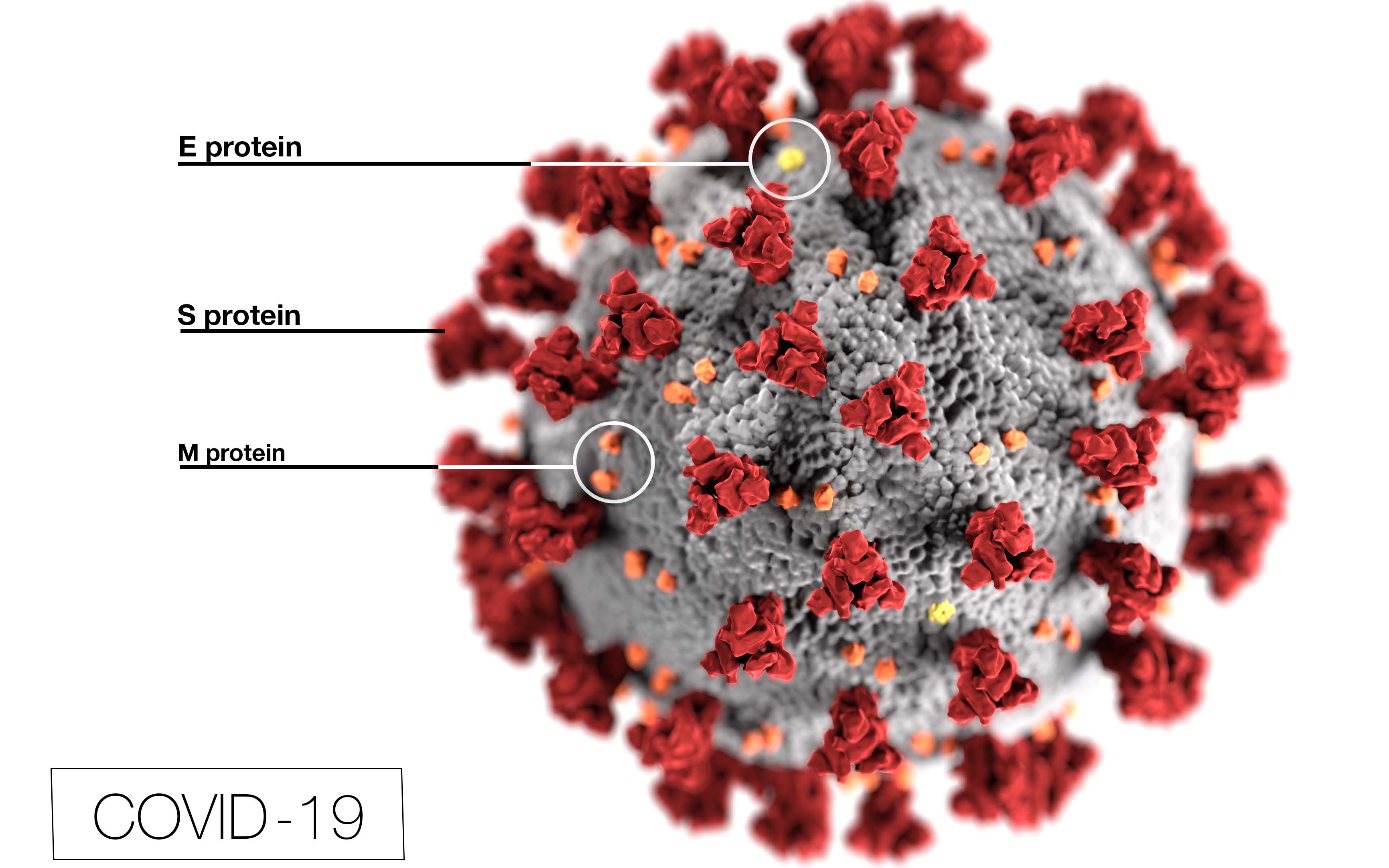COVID-19 testing ramps up across Arkansas as it prepares to reopen for business
May 4-10, 2020
By Daily Record Staff
As Gov. Asa Hutchinson looks to reopen the state for businesses on May 4, several public and private partners have started ramping up to provide COVID-19 testing for healthcare workers and others on the frontline of state’s 1.3 million-person workforce.
Under President Trump’s “Opening Up America Again” guidelines, governors across the U.S. are encouraged to begin a three-phased approach based on the advice of public health experts. The guidelines include a downward trajectory of coronavirus illnesses, symptoms, total cases, and positive tests reported within a 14-day window.
The Trump administration’s model also provides that states’ have a robust testing program in place for at-risk healthcare workers, including emerging antibody testing. State and local officials may also need to tailor the application of these criteria to local circumstances, including so-called COVID-19 “hotspots” that have suffered severe COVID outbreaks.
In mid-April, Hutchinson created his COVID-19 Testing Working Group to make recommendations to expand the capacity and performance of COVID-19 testing in the state. That working group, which is led by state Health Secretary Dr. Nathaniel Smith, also include senior representatives from the Health Department of Health (ADH), the University of Arkansas for Medical Sciences (UAMS), Baptist Health of Arkansas, and Arkansas Children’s.
“Arkansas’s ability to conduct adequate diagnostic and surveillance testing will affect the state’s public-health strategy and economic-recovery efforts after Arkansas reaches its peak number of COVID-19 cases,” Governor Hutchinson said. “As we prepare to shift Arkansas’s economy out of low gear, it is important for us to have more comprehensive information about the spread of COVID-19 in the state.”
In an effort increase testing for COVID-19, Hutchinson instituted a two-day “Arkansas Surge Campaign” on April 23 with the goal of increase testing from 1,000 to 1,500 per day. Since then, Hutchinson has presented four recommendations from his Testing Advisory Group to expand and increase testing in the state. They include:
• Expand testing for all patients with symptoms consistent with COVID-19 and those with history of potential exposure.
• Expand testing for contact investigations
• Increase testing in high-risk settings such as long-term-care facilities.
• Develop a strategy for statewide serosurveillance.
“We are hoping to increase the number of people who are tested by expanding the criteria for testing,” said Hutchinson. “Until now, we have been testing only people who are symptomatic. We’re expanding testing to include all people who have been exposed to COVID-19, even if they don’t show symptoms. This will help us to identify infections and clusters around the state more quickly.
Since the governor’s plea for more testing, several companies and healthcare groups have stepped up their efforts on site testing in Arkansas. The University of Arkansas for Medical Sciences has been providing free community drive-thru evaluation clinics for COVID-19 at different locations across the state, including Mountain Home, Forrest City, Marianna, McGee and other Arkansas communities.
On May 2, the state’s largest public employer and lone health sciences university set up a drive-thru triage screening area at the corner of Shuffield and Jack Stephens Drive to quickly and safely screen people with cough, fever, shortness of breath, flu or COVID-19. Hospital official stress that those being tested do not have to be a UAMS patient to be seen.
Baptist Health, which has more than 200 points of access in Arkansas that includes 11 hospitals, urgent care centers; a senior living community and over 100 primary and specialty care clinics, has also set up sites at various locations throughout Arkansas to evaluate people who are concerned about possible exposure to COVID-19.
Meanwhile, healthcare giant Centene and Quest on April 29 announced a nationwide plan to increase access to real-time reverse transcription polymerase chain reaction (rRT-PCR) COVID-19 testing in critical areas of need across the country. Through this collaboration, Centene will facilitate the distribution of 25,000 Quest COVID-19 test kits each week to Federally Qualified Health Centers (FQHCs) in ten states or districts across the country.
“Testing is a critical part of containing the spread of COVID-19, and preventing future outbreaks,” said Centene Chairman and CEO Michael Neidorff. “We need to ensure every community has access to the testing they need, especially the most vulnerable and underserved populations.”
Centene, which provide health insurance to more than 120,000 members through the state’s Arkansas Works marketplace, said its extensive network of critical safety net providers helps ensure that testing capacity is routed to where it is needed most. As part of the collaboration with Quest, Centene will provide oversight and training to ensure test kits are received and processed efficiently. Distribution of kits will begin May 4, and Quest Diagnostics will conduct the COVID-19 testing through its network of laboratories across the United States.
“COVID-19 testing is critically needed in underserved communities and our collaboration with Centene will help ensure that necessary and life-saving diagnostic testing is available to address that need,” said Steve Rusckowski, Chairman, CEO and President of Quest Diagnostics. “We are committed to serving the testing needs of Federally Qualified Health Centers during the COVID-19 pandemic.”
In addition, Kroger Health, the healthcare division of The Kroger Co., on April 27 announced plans to expand its drive-thru COVID-19 testing model to 50 locations in more than 12 states to perform up to 100,000 tests by the end of May. To date, Kroger Health has performed nearly 8,000 tests in 30 locations in Colorado, Indiana, Kentucky, Michigan, Ohio and Tennessee. The company has also launched a pilot for site-specific testing for company associates in Michigan and Colorado.



